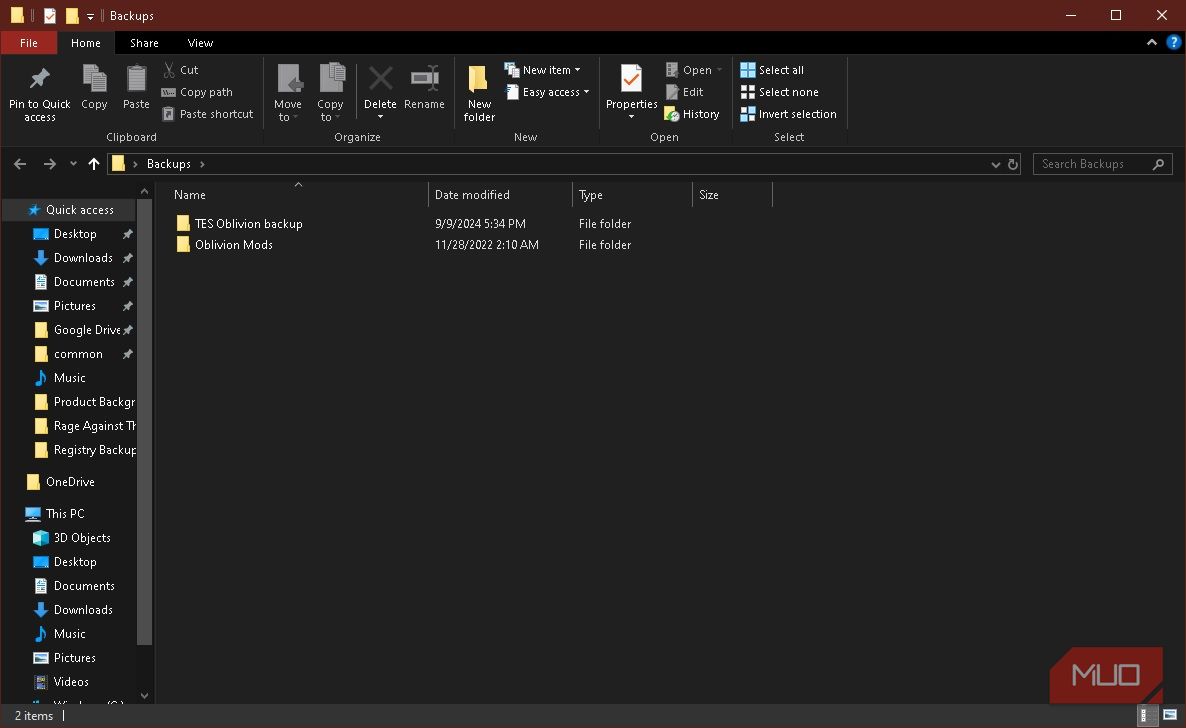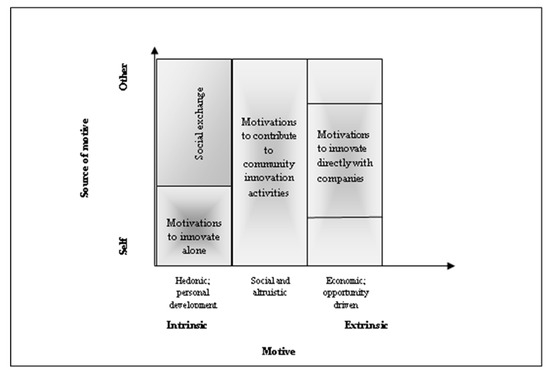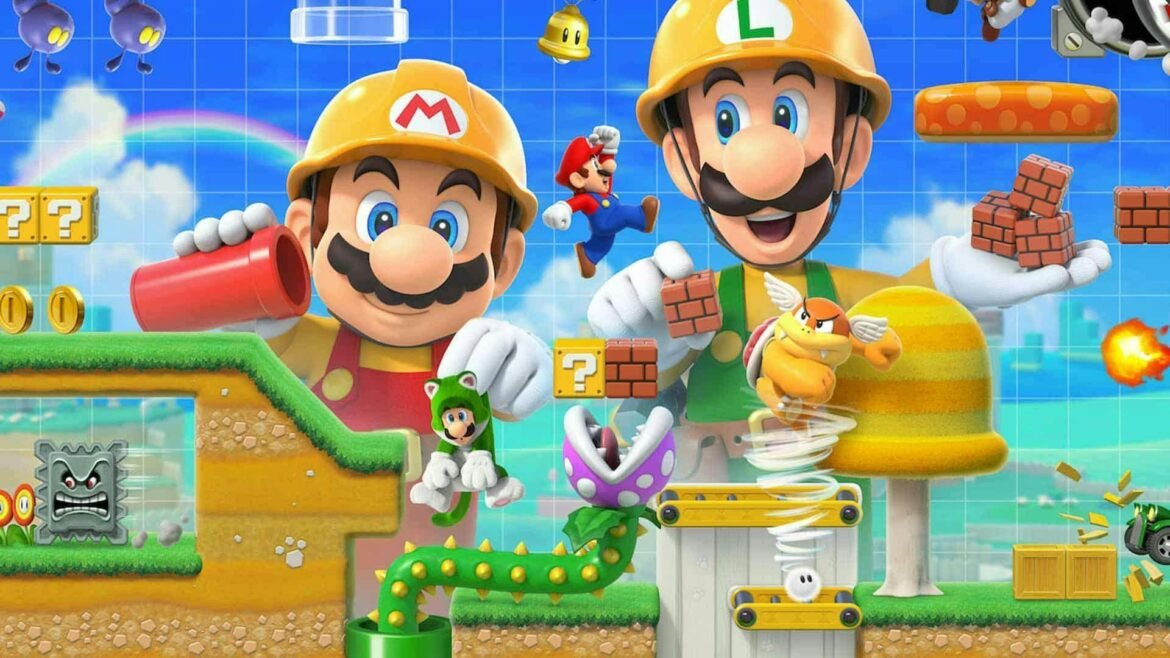
Introduction
What is Game Modding?
Game modding refers to the practice of altering or adding to a video game’s existing content, allowing players to customize their gaming experience. This can range from simple changes like texture edits to complete overhauls that introduce new gameplay mechanics or storylines. For many gamers, modding is a way to express creativity, extending the lifespan of a beloved game.
History of Game Modding
The roots of game modding can be traced back to the early days of computer gaming in the 1980s. Notable milestones include:
- 1987: The release of “Doom” which set a precedent for modding with its built-in level editor.
- 1996: “Quake” further popularized modding, leading to a surge of community-driven content.
- Early 2000s: Modding became mainstream, with platforms like Steam and Nexus Mods emerging to support creators.
As game technology has evolved, so too has the culture of modding, becoming an integral part of modern gaming communities. On platforms like TECHFACK, enthusiasts explore the basics of game modding, sharing tips, resources, and showcasing their creations.

Benefits of Game Modding
Enhancing Gameplay
One of the most exciting benefits of game modding is the ability to enhance gameplay. Mods can introduce new challenges, mechanics, or environments that significantly change how a game is played. For example, a simple mod might add more powerful enemies or new quests, keeping the gameplay fresh and engaging.
- Custom Difficulty Levels: Adjust the game’s difficulty to suit your playstyle.
- New Characters and Abilities: Introduce unique skills and roles, providing a fresh approach.
Adding Personalization to Games
Modding also offers a chance for players to personalize their gaming experience. Everyone has unique preferences, and mods allow gamers to tailor various aspects of gameplay to their liking.
- Character Skins: Change the appearance of your avatar.
- Soundtracks: Replace the music with personal favorites or mood-setting tracks.
By embracing modding, players can truly make a game “theirs,” transforming standard titles into personalized adventures that reflect individual tastes and creativity.

Tools for Game Modding
Modding Software
To dive into the world of game modding, having the right tools is essential. Various modding software options cater to diverse needs, whether you’re a beginner or an experienced modder. Some popular choices include:
- Unity and Unreal Engine: Widely used for game development and modding.
- Nexus Mod Manager: Simplifies the installation and management of mods for numerous games.
- GIMP and Blender: Great for creating custom graphics and 3D models.
These tools can empower modders to create impressive content, providing an avenue for creativity.
Resources for Modders
Beyond software, there are numerous resources available to help modders refine their skills. Websites and forums dedicated to modding communities offer invaluable support:
- Modding Tutorials: Video and text guides that break down complex processes.
- Community Forums: Platforms where modders share insights, troubleshoot, and collaborate.
For those exploring the basics of game modding, TECHFACK offers a wealth of information, helping newcomers embrace the exciting journey of game modification.

Understanding Game Files
Types of Game Files
To effectively mod a game, understanding its file types is crucial. Different games use various file formats, each serving unique purposes. Common types include:
- Textures (.png, .dds): These files define the visual elements of characters and environments.
- Models (.fbx, .obj): Used for 3D representations of characters, items, or structures.
- Scripts (.lua, .cs): Control the game’s logic and behavior; modifying these can change how a game operates significantly.
Knowing these file types helps modders identify which files to edit or replace.
File Structures and Formats
Every game has its own file structure, which organizes how these files are stored. Typically, this structure is hierarchical, resembling folders on a computer. A common structure might look like:
- Assets
- Textures
- Models
- Scripts
By navigating this structure, modders can find and manipulate the components needed to implement their changes. As modders explore these files, they unlock new possibilities for creativity and innovation, enriching their gaming experience even further.

Legal and Ethical Considerations
Copyright Issues
As exhilarating as game modding can be, it’s essential to navigate the legal landscape carefully. Copyright issues are a significant concern; altering a game’s files or assets can infringe on the original creator’s rights. Here are some important points to remember:
- Original Content: Use assets you’ve created or are allowed to modify.
- Attribution: If using someone else’s work, ensure you credit the original creator properly.
Failing to respect copyright can lead to removal requests or even legal consequences.
Respecting Game Developers’ Rights
Ethical modding goes hand-in-hand with respecting game developers’ rights. Many developers appreciate modding communities, while others may not endorse it. To navigate this:
- Check Developer Policies: Always review the game’s modding policy before proceeding.
- Seek Permission: When in doubt, reach out to the developers for clarity.
By adhering to these principles, modders can cultivate positive relationships with creators, ensuring the vibrant world of game modding continues to thrive. Embracing these ethical practices enriches the community, respecting both players and developers alike.

Getting Started with Modding
Choosing a Game to Mod
Now that the legal and ethical considerations are clear, it’s time to dive into the exciting world of modding. Choosing the right game to mod is crucial. Look for games that have active modding communities, such as:
- Skyrim: Kicked off countless creations with its vast modding tools.
- Minecraft: Offers endless customization options and is beginner-friendly.
- Stardew Valley: Known for its accessible file structure and welcoming community.
Consider your own interests—select a game you love, as you’ll be more motivated to invest time into creating mods for it.
Basic Modding Techniques
Once you’ve picked a game, start with some basic modding techniques:
- Texture Replacement: Change the look of characters or items easily.
- Simple Script Adjustments: Tweak existing gameplay mechanics to refine the experience.
Experimenting with these techniques can lead to more complex projects down the line. Each small success will motivate you to explore further, building both your skills and confidence in the modding landscape. With perseverance, your unique creations can contribute to an ever-evolving gaming experience!

Testing and Troubleshooting Mods
Quality Assurance
After investing time and creativity into a mod, ensuring it works properly is essential. Quality assurance helps catch any issues before sharing your creation with the community. Here are some steps to follow:
- Playtest: Run the game with your mod active to identify any obvious glitches or bugs.
- Seek Feedback: Share your mod with friends or fellow modders to gather insights. Fresh eyes can spot issues you might have overlooked.
Taking the time for thorough testing not only enhances the user experience but also boosts your credibility as a modder.
Dealing with Modding Errors
Encountering errors is a natural part of the modding process, but don’t get discouraged! Troubleshooting can help you learn and grow:
- Read Error Messages: They provide clues on what went wrong, guiding your debugging process.
- Consult Forums: Online communities like those on TECHFACK or Discord often hold solutions from experienced modders.
With patience and perseverance, overcoming these obstacles will not only refine your modding skills but also prepare you for even greater projects in the future. Embrace the learning curve, and enjoy the journey of creating transformative gaming experiences!

Community and Sharing
Joining Modding Communities
Once you’ve created your mods, tapping into the vibrant modding community can be a rewarding experience. Engaging with others who share your passion can lead to collaboration and inspiration. Look for communities on platforms like:
- Reddit: Subreddits like r/modding and game-specific threads are great for discussions.
- Discord Servers: Many games have dedicated servers where modders gather to share ideas and troubleshoot.
- Modding Forums: Sites like Nexus Mods or Mod DB offer not just a place to share, but also to learn from others’ experiences.
Becoming active in these spaces can enhance your skills and open doors to new opportunities.
Uploading and Sharing Your Mods
When you’re ready to share your creations, uploading them to reputable platforms is crucial. Consider these steps:
- Choose a Platform: Sites like Nexus Mods offer user-friendly interfaces for mod uploads.
- Provide Clear Instructions: Include installation guides and compatibility notes to help users.
Sharing your mods not only showcases your creativity but also contributes to a collective pool of knowledge and inspiration. With every mod you upload, you’re adding to the rich tapestry of modding culture, helping to foster a vibrant community where creativity flourishes!

